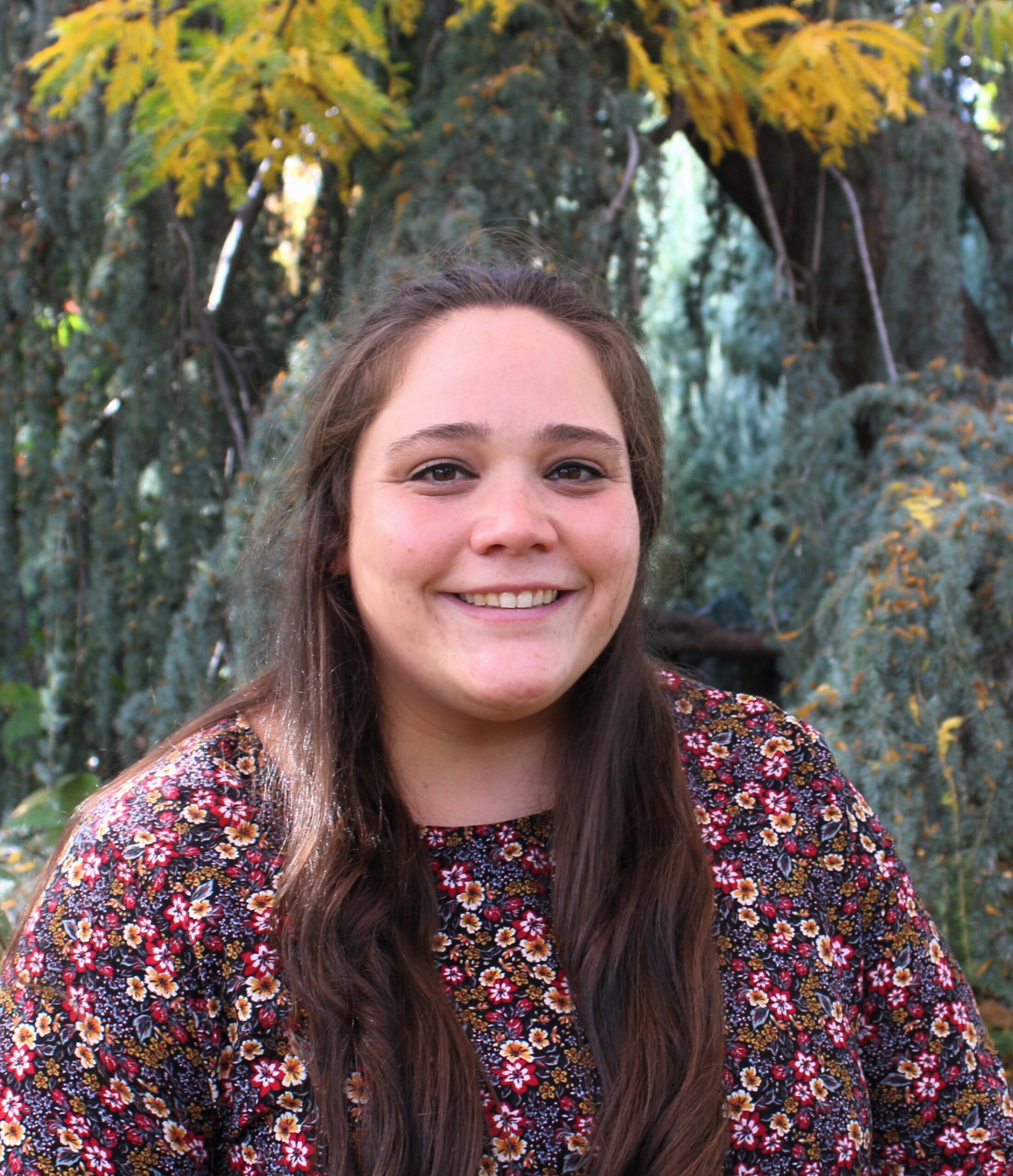
ABOUT
BIO
Katrina Alford is a Data Scientist with Rankin Climate. She graduated from the Pennsylvania State University with her PhD in Rural Sociology and Demography, after receiving her M.A. in Sociology from the University of Mississippi, where she worked as a graduate research assistant for the UM Center for Population Studies. While in graduate school, Dr. Alford conducted national-level, policy-relevant research regarding migration, poverty, education, and health, drawing attention to differences along the rural-urban continuum. Additionally, she discovered her passion for quantitative and spatial analysis, as well as survey research, earning a Doctoral Graduate Certificate in Survey Methodology with an emphasis on the analysis of survey data. In her role with Rankin Climate, Dr. Alford enjoys using data to tackle larger issues of equity and inclusion on college campuses nationwide.
Malewski, Erik, Genevieve Weber, Katrina Alford, and Christina Turner. “Toward Beloved Communities on Campus: Understanding the Intersections of Race, Gender, and Sexual Identity in Sense of Belonging Research as a Tool for Rethinking Campus Resources” in Students’ Sense of Belonging and Involvement in College, ed. T. L. Strayhorn. (Forthcoming)
Chandler, Raeven F., Katrina Alford, and Leif Jensen. 2021. “COVID-19 Case Rates in Rural and Urban Pennsylvania.” Pennsylvania State University Social Science Research Institute (https://covid-19.ssri.psu.edu/articles/covid-19-case-rates-rural-and-urban-pennsylvania).
Thiede, Brian C., Leif Jensen, and Katrina Alford. 2019. “Economic Implications of Pennsylvania’s Foreign-Born Population.” Center for Rural Pennsylvania (https://www.rural.palegislature.us/documents/reports/Econ-Impact-PA-Foreign-Born-2019.pdf).
Green, John J., Jim Worstell, Caroline Canarios, Rachel Haggard, Katrina Alford, and Sydney Bush. 2018. “Exploring the Relationships Between Local Agrifood System Resilience, Multiple Measures of Development, and Health in the Southern United States.” Community Development. DOI: 10.1080/15575330.2018.1527778.